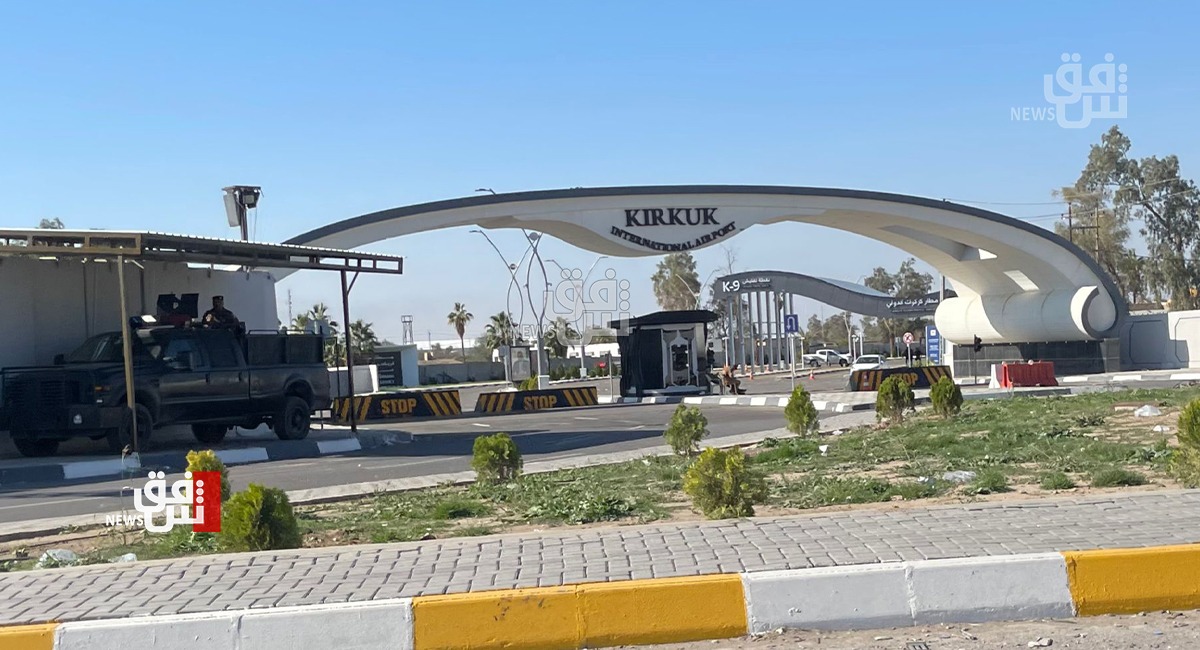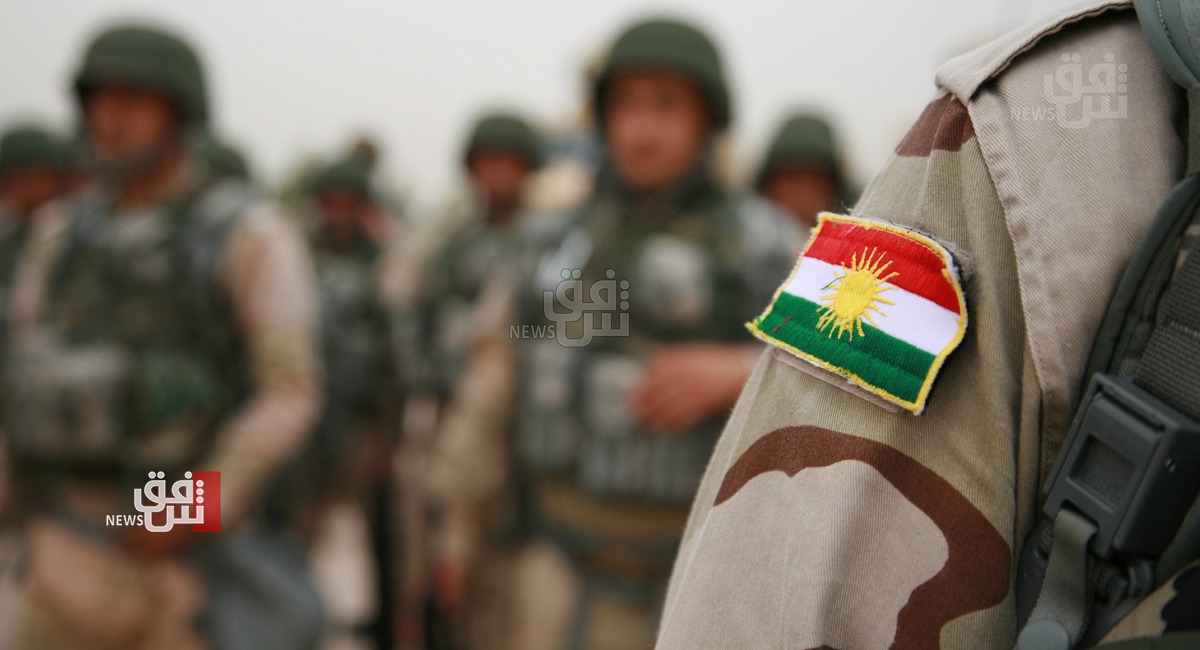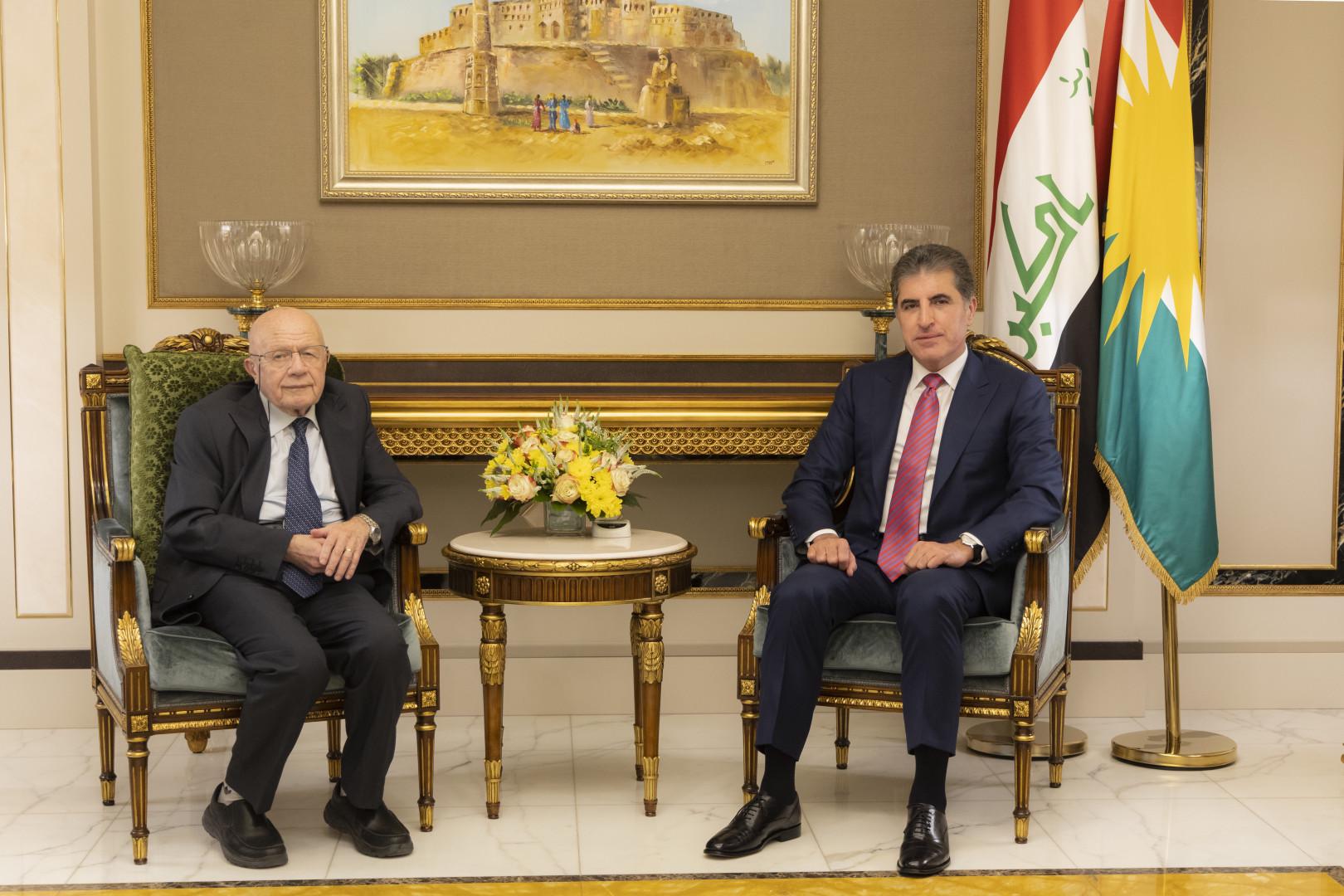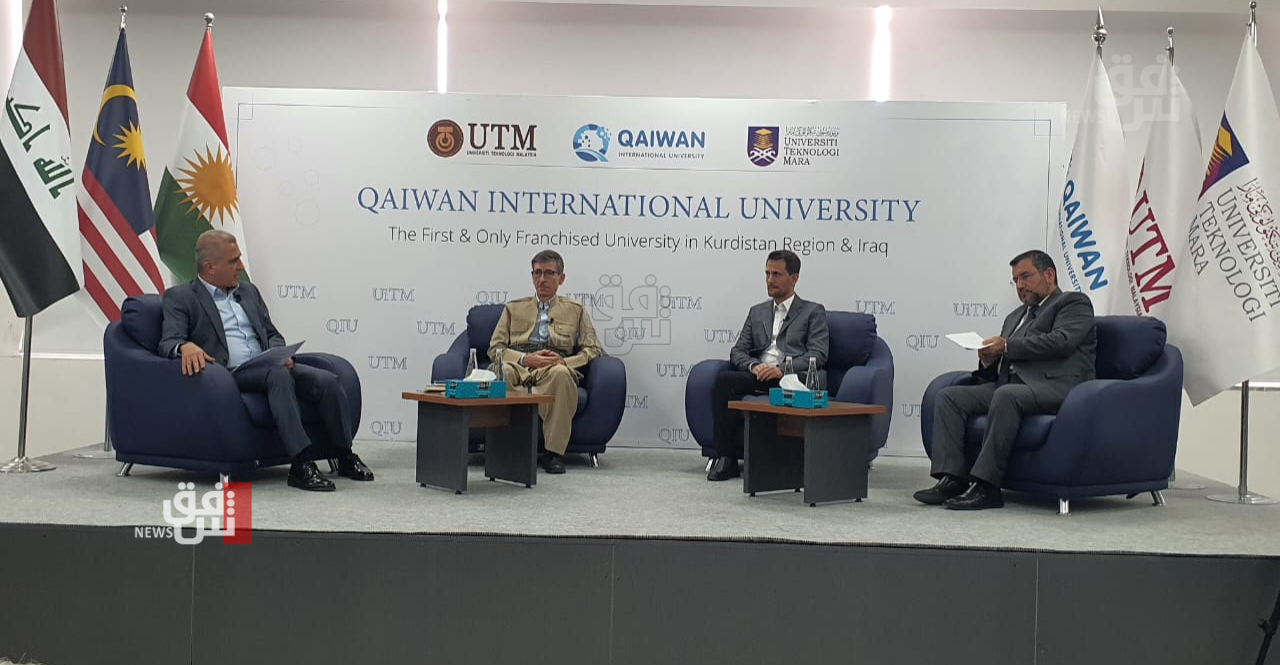Kirkuk's first census in decades: a test of ethnic relations and political stability

Shafaq News/Kirkuk, a city defined by its ethnic and sectarian diversity, is facingchallenges with its first population and housing census in decades. As theprovince embarks on this long-awaited process, concerns are growing over itspotential to disrupt the delicate demographic balance and communal harmony.
While somesee the census as a vital tool for economic development, others worry it couldbe manipulated to shift population dynamics, reigniting tensions in a citystill healing from past conflicts.
Kirkuk'sHistorical Context
Kirkuk haslong been at the heart of Iraq's ethnic and political tensions. The city hasexperienced dramatic demographic shifts, particularly after the 2003 invasion.Under Saddam Hussein’s regime, the policy of 'Arabization' significantlyaltered Kirkuk's ethnic composition by relocating Arab families to the region,while pushing out many Kurds and Turkmen. However, following the fall ofSaddam, there was a reverse process—Kurds began to return to their ancestrallands, reigniting ethnic and political tensions.
The upcomingcensus, which has not been conducted since 1997, due to concerns aboutpolitical manipulation, holds great importance for Kirkuk, as its diverseethnic groups—Kurds, Arabs, and Turkmen—view the process as a critical momentto solidify their political and demographic standing in the city.
Each grouphas its aspirations for the census results, with the Kurds aiming todemonstrate their majority status, a claim that could bolster their territorialdemands over Kirkuk. On the other hand, Arabs and Turkmen in the region fearthat such an outcome could further marginalize their communities, particularlyin terms of political power and control over the city’s resources.
In additionto its political importance, Kirkuk’s vast oil reserves add another layer ofcomplexity. The city’s oil wealth remains a central issue, with both theKurdistan Region and Baghdad competing for control of the province's resources.The results of the census could directly impact the distribution of oilrevenues, potentially reshaping the economic landscape of Iraq.
A shift inKirkuk’s demographic balance might also influence future negotiations overeconomic shares between the federal government and the Kurdistan RegionalGovernment (KRG).
While thecensus was expected to reveal the religious or ethnic composition of Iraq, adecision was made not to ask citizens about this information, which has led toopposition in disputed regions.
Calls forHalt
The ArabCoalition in Kirkuk has called to suspend the census process, urging PrimeMinister Mohammed Shia Al-Sudani and overseeing authorities to halt theprocedures immediately.
In astatement, the coalition stressed that “Kirkuk's sensitive nature means anymanipulation of its population balance through illegal means could lead tothreatening the city's stability.”
The IraqiTurkmen Front also expressed concerns, alleging "clear violations" inthe census process in Kirkuk. A statement from the group highlighted the entryof numerous families not originally from the province, observing these actionspublicly and “under the gaze of both the public and security forces.”
The Frontcriticized this as “an open attempt to alter the demographic landscape of theprovince.”
Kurds Callfor Participation
TheKurdistan Democratic Party (KDP) bloc, the largest Kurdish party in Iraq led byMasoud Barzani, has called for the participation of all Kurds and other ethnicgroups in the disputed areas, including Kirkuk, in the ongoing populationcensus. The bloc described the census as an "important step" forproviding a data foundation for economic conditions.
HassanMajid, head of the KDP bloc in Kirkuk, told Shafaq News that Prime Ministeral-Sudani's recent visit to Erbil provided reassurance regarding the disputedareas, which fall under Article 140 of the Iraqi Constitution.
“While theKDP has had reservations about conducting the census in these areas, weemphasized our support for the participation of all ethnic groups.”
He furtherstated that the KDP views the census as an economic development tool, adding,"Any country lacking a developmental database is like a person walking inthe dark without sight."
AuthoritiesReassure
Since themorning, the province has been experiencing relative calm, with a curfew inplace aimed at facilitating the population census process, according to CaptainAmer Nouri, spokesperson for Kirkuk Police.
Speaking toShafaq News, Nouri confirmed that the curfew will remain in effect untilmidnight on Friday. The comprehensive restrictions include strict limitationson vehicle movement and the closure of external checkpoints. “The primaryobjective of these measures is to ensure stability and facilitate the work ofcensus teams.”
In addition,the provincial government in Kirkuk has taken steps to ensure the census isconducted fairly, with local officials stressing the importance oftransparency. However, the complex political dynamics in the city raisequestions about whether the process can remain neutral or if external pressureswill influence the outcomes."
MustafaAkram, Director of Planning and Statistics in Kirkuk, told Shafaq News thatapproximately 5,652 individuals are working as enumerators and assistants,along with around 1,000 supervisors overseeing the efforts. He highlighted thatKirkuk province has made significant progress in field enumeration and familyregistration, positioning it among “the most advanced areas in the completionand documentation of the fieldwork.”
Akramexplained the revised approach for the census team composition in Kirkuk,noting that the need for mixed ethnic teams of Kurds, Arabs, and Turkmen in onelocation has been eliminated. “Instead, workers from the same ethnic group areassigned to their respective areas: Kurds in Kurdish areas, Arabs in Arabareas, and Turkmen in Turkmen areas, ensuring smoother operations.”
Riad Saleh,a member of the Kirkuk Provincial Council, further reassured Shafaq News thatthe Planning and Statistics Directorate in Kirkuk is performing effectively.
Addressingrumors about favoritism, he clarified that the selection process for assistantstaff showed equal representation from all three ethnic groups, with 200 Kurds,200 Arabs, and 200 Turkmen selected.
Salehstressed the importance of cooperation among all ethnicities to ensure thecensus's success, pointing out that the process would pave the way for projectsand services benefiting the entire province in the near future.
As Kirkukundergoes this delicate process, the results could either pave the way forgreater cooperation or intensify the region's political rifts, depending on howeffectively the ethnic groups and authorities manage the complexities of thismomentous event.




